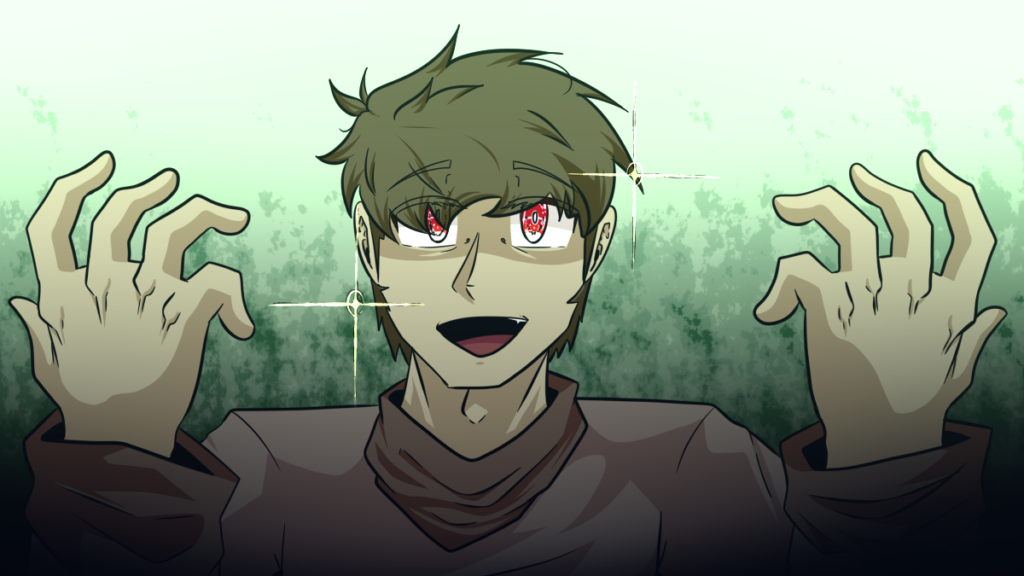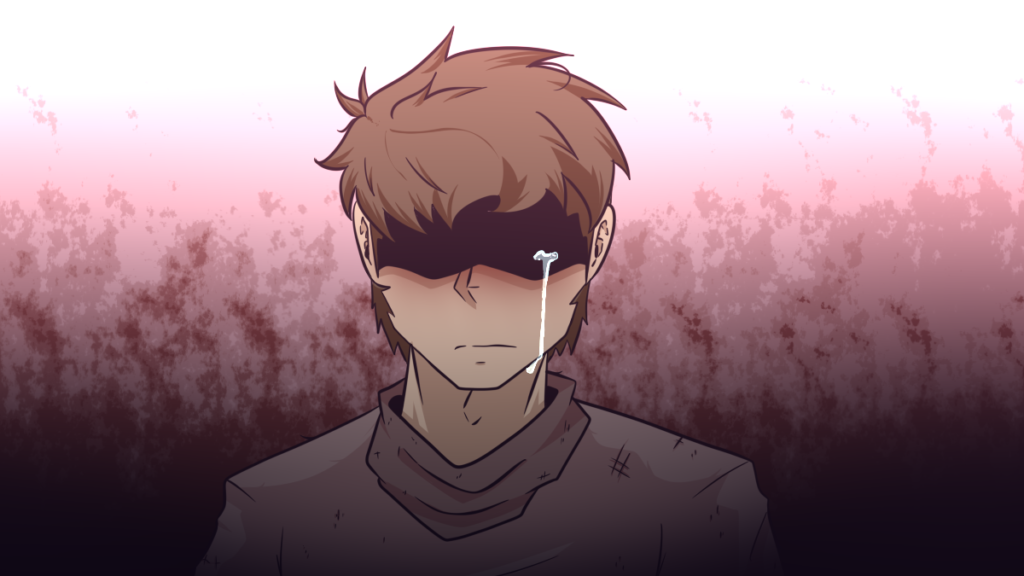There are many reasons why someone would start gambling: it could be to win money, for the adrenaline rush or using it as a way to escape from the world and the stresses that come with it. However, for some individuals what starts off as casual gambling can get out of hand. This can result in what is called problem gambling which has a knock-on effect on every aspect of someone’s life.
What is problem gambling?
Problem gambling is characterised by gambling that damages and disrupts your life as well as those around you.
You may have a problem with gambling if:
- You’re spending more money than you have
- It is replacing other parts of your life such as spending quality time with family or going to work
- Steal or borrow money to cover cost of gambling
- Lie or downplay the extent of gambling to friends or family
- Gambling more frequently and with significant amounts of money to get the same feeling back
- Making back money by chasing losses
Risk factors
There are many risk factors that can increase the chances that a person develops a gambling problem. This includes:
- Family member particularly a parent who has a gambling addiction
- Starting gambling habit at a young age
- Those with existing mental health conditions are at an increased risk of becoming problem gamblers
- Pressure from people in friendship circle who also gamble
- Certain personality traits such as being highly competitive or impulsive

Impact of gambling on mental health
If problem gambling persists it can lead to negative implications on several aspects of your life as well as your mental well-being.
Mood
As stated above many people use gambling as a way to escape their feelings and the troubles they have in their lives. However, the relationship between mental health conditions and gambling works both ways. This means that certain mood disorders such as stress, anxiety and depression can in some people trigger problem gambling. In others problem gambling can worsen these conditions. By removing gambling from your life, it may not fix all your problems as these underlying mood disorders will still remain. Therefore, it is important to address them as part of your recovery process which can be done by accessing some of the additional help that will be listed at the end.
Suicidal Thoughts
There has also been a link between problem gambling and thoughts of suicide. One the explanations for this can be because with other forms of addiction like alcohol or drugs there is only a certain amount your body can handle before medical intervention is needed. However, with the addiction there is no end to the downward spiral which means that it can just continue unaddressed. If the debts become unsurmountable, these thoughts can become more frequent and it can seem like the only way out. However, no matter how you are feeling at this moment it is important to remember that you are not alone and there is help available. This can be found by speaking to your GP or contacting one of the support lines that will be listed at the end.
Quality of life
Problem gambling can also lead to a reduction in quality of life as the financial worries can impact several aspects of your life. This means that as the gambling problem worsens some may prioritise gambling over paying for essentials such as bills, rent or food. Another part of gambling is that some people create a community for themselves in the setting that they gamble which results in them losing interest in relationships with people who do not share their interest. In addition, it can cause relationship problems at home with arguments with friends and family about the extent of gambling and maybe some money going missing. Consequently, this can lead to social isolation which can have a knock-on effect on the development of other mental health conditions.
Helping yourself
If you believe you have a problem there are a number of steps you can take to help yourself:
- Make sure to prioritise paying important bills on the day you are paid so that you do not feel the urge to use it to gamble.
- If you decide to go gambling only take cash with you and leave credit and debit cards at home so you only spend what is planned
- Try to resist the urge that tells you to open up a gambling app or site for one quick bet as it is very easy for this to get out of hand
- By talking to family or friends about gambling problem you are giving yourself a way out as this habit will worsen the more you continue it. Family can not only give you support and help they can also prevent you from gaining access to other funds to pay for your habit such as borrowing money or loaning it.
- By removing gambling from your life, it can make you feel agitated and restless as you are missing something from your life. Therefore, it is important to fill this void by spending your time reconnecting and potentially mending fences with friends and family.
- It is also an opportunity to find a more effective and healthier way to manage your feelings such as taking up a new hobby, exercising or finding some friends who do not gamble.
- Joining a support group like Gamblers Anonymous so you have a new community of people who can help you with your recovery
Helping someone you care about
The fact that someone you love has been hiding this from you, along with the financial implications of their habit, you may feel like confronting them about it. However, it is more likely that they will open up to you if you raise your concern about them in a more supportive way. In addition to this, it is common for them to have a negative or defensive reaction to these questions as they may feel ashamed by it. In this event the best thing you can do is to make them aware that there are people and organisations out there that can help.
For many people if they have someone in their life that has built up a debt from gambling it can seem like the right thing to do to help them take care of it. This can prove to have a negative impact as it can mask the severity of the situation by offering them a quick solution to their problem. Therefore, by bailing them out it can enable their problem to continue and worsen.

Help that is available
GamCare is an online service that provides support, information and counselling for those suffering from problem gambling. You can contact their National Gambling Helpline at 0808 8020 133
Gamblers Anonymous UK – 0330 094 0322
GamAnon
GAMSTOP – this is an app that blocks you from being able to access gambling sites or apps
BigDeal – 0203 092 6964 (Monday to Thursday 9am-8pm, Friday 9am-5pm)
Sane – 0845 767 8000, lines open 6pm-11pm
Mind – 0300 123 3393 (Monday to Friday, 9am-6pm)
Rethink Mental Illness – 0300 5000 927 (Monday to Friday, 10am-2pm)



